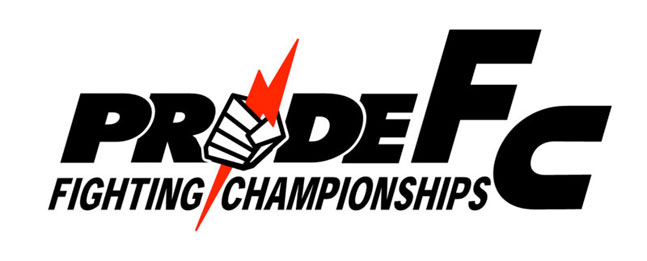
When the owners of the Ultimate Fighting Championship purchased Japan’s premier Mixed Martial Arts organization, Pride Fighting Championships, in 2007, there was talk of continuing to promote fights under the Pride banner and matches pitting the best of Pride against the best of the UFC. The ship has long since sailed on a Pride revival, but that hasn’t stopped several of Pride’s top fighters from making the move to the UFC. Thus far, the results have been mixed for fighters such as Mirko “Cro Cop” Filipovic, Wanderlei Silva, and Antonio Rodrigo Nogueira. All three, among the biggest stars in Pride, were featured on the main card of Saturday’s UFC 110 event. The event proved to be a microcosm of their time in the UFC, as the trio had both ups and downs.
If someone were to compile a list of the most exciting fights throughout the career of former Pride Middleweight champion Wanderlei Silva, they would not include his fight against Michael Bisping. The match would, however, be included on a list of great game plans.
Silva and trainer Rafael Cordeiro, who Silva reunited with for this fight, dealt with Bisping’s typical pre-fight bluster and correctly concluded that Bisping was not as confident as his demeanor indicated. Who could blame him? After being sent to dreamland by Dan Henderson’s right hand and knocked down by Denis Kang, it was reasonable for Bisping to feel a bit gun-shy when stepping into the Octagon against a legendary knockout artist such as Silva.
Once Bisping’s nerves were diagnosed, Silva knew he could bide his time. To his credit, Bisping did pick a few clean shots throughout the first four minutes and 50 seconds of each round. The last 10 seconds of each round, however, was when Silva chose to unleash hell. In the first round, it was a flurry of punches. In the second, it was a deep guillotine. In the third, Silva’s near-knock out of Bisping was a final testament to the judges that he was the better man.
Conversely, former Pride Heavyweight champion Antonio Rodrigo Nogueira lost for just the sixth time in 40 career fights. A message was clearly sent when, in less than half of one round, Velasquez knocked Nogueira out. Velasquez told the world that he is on the short list of the best Heavyweights in the world.
There are those who will argue the merits of Velasquez’s victory; whether or not Nogueira’s history and the men who’ve felled him previously are to be thanked by Velasquez for his seemingly easy victory over the all-time great. The fact is that Velasquez did what no man had previously done: stop Nogueira in the first round. Frank Mir was the first to stop Nogueira, but the circumstances under which Mir made history proved dubious when it was discovered that Nogueira entered the fight with a severe staph infection. Even then, Mir knocked Nogueira out in round two. It will be difficult to credit an illness for the haste with which Velasquez dispatched of Nogueira.
Somewhere in between the performances of Silva and Nogueira was that of former Pride Open Weight Grand Prix champion Mirko Cro Cop. When Cro Cop’s original opponent, Ben Rothwell, was forced to drop out of the fight, Anthony Perosh stepped in on just one day’s notice. Even with a full training camp under his belt, Perosh would have been a tremendous underdog against Cro Cop. On short notice, Peroshed performed down to expectations.
On the surface, Cro Cop’s second round doctor stoppage is more impressive than Silva’s decision victory. In reality, Cro Cop’s success was similar to Nogueira’s defeat in that the outcome of the match can be credited to each man’s opponent.
Cro Cop deserves credit for not only winning the fight, but causing the cut that forced a doctor stoppage. However, the significance of the accomplishment is limited. Anthony Perosh, who is not a UFC caliber fighter, offered little resistance to Cro Cop’s offense, yet Cro Cop managed to show signs of fatigue by the end of the first round. Cro Cop’s physical appearance in the fight was mediocre. Most disappointing was that Cro Cop hardly attempted any of his trademarked high kicks. Dominant as his win over Perosh may have been, the fight did nothing to indicate that Cro Cop can compete with even the mid-level fighters in the UFC’s Heavyweight division.
Unlike any event the Ultimate Fighting Championship has promoted before it, UFC 110 harkened back to the heyday of Pride with the inclusion of Silva, Nogueira and Cro Cop. Though long-time fans of mixed martial arts may wish romanticize UFC 110 as a call back to the days when Pride reigned supreme, the trio’s performances gave only a glimpse of “the good ‘ol days.” Still, for Pride’s old guard, earning two victories out of three isn’t bad.
Comments
PRIDE Fighting Championships Well Represented at UFC 110